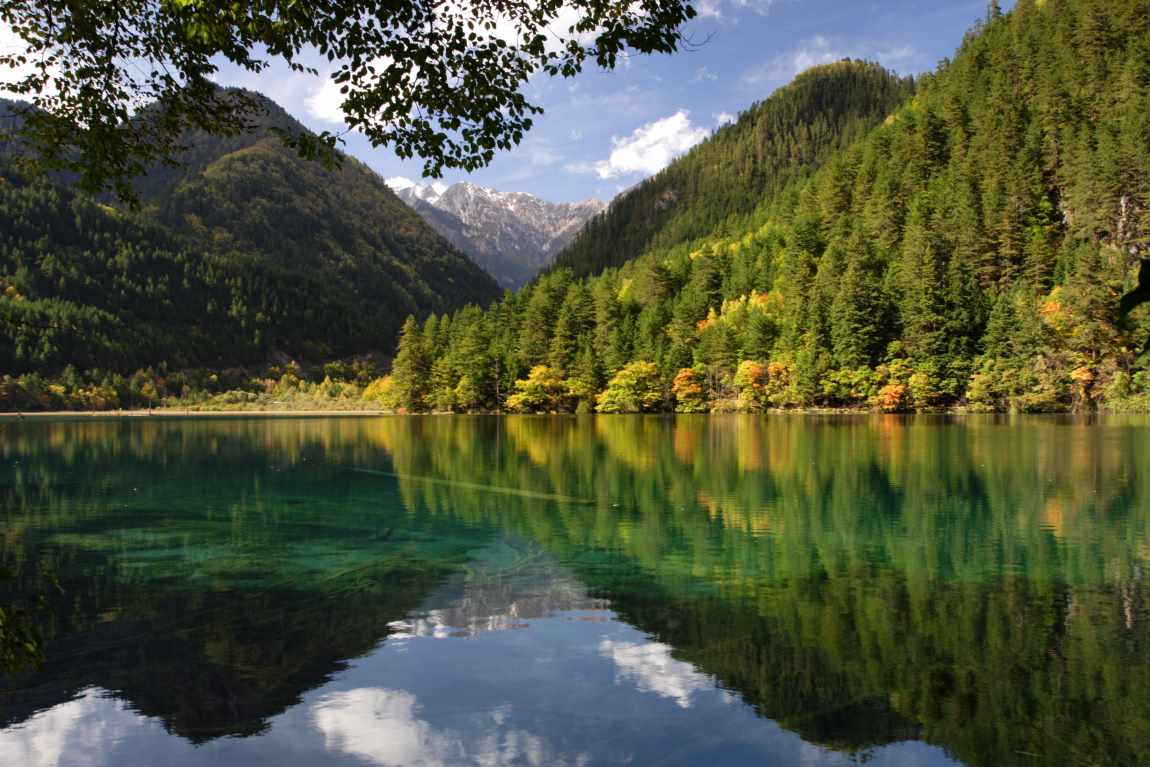In a new study1, led by the University of Oxford’s Department of Physics and published in Nature, an international group of authors who developed the science behind net zero demonstrate that relying on ‘natural carbon sinks’ like forests and oceans to offset ongoing CO2 emissions from fossil fuel use will not actually stop global warming.
The science of net zero, developed over 15 years ago2, does not include these natural carbon sinks in the definition of net human-induced CO2 emissions.
Natural sinks play a vital role to moderate the impact of current emissions and draw down atmospheric CO2 concentrations after the date of net zero, stabilizing global temperatures. Yet governments and corporations are increasingly turning to them to offset emissions, rather than reducing fossil fuel use or developing more permanent CO2 disposal options.
Emissions accounting rules encourage this by creating an apparent equivalence between fossil fuel emissions and drawdown of CO2 by some natural carbon sinks, meaning a country could appear to have ‘achieved net zero’ whilst still contributing to ongoing warming.
The authors call on governments and corporations to clarify how much they are counting on natural carbon sinks to meet their climate goals, as well as recognising the need for Geological Net Zero.
Geological Net Zero means balancing flows of carbon into and out of the solid Earth, with one tonne of CO2 committed to geological storage for every tonne still generated by any continued fossil fuel use. Given the cost and challenges of permanent geological CO2 storage, achieving Geological Net Zero will require a substantial reduction in fossil fuel use.
The authors stress the importance of protecting and maintaining natural carbon sinks while accepting that doing so cannot compensate for ongoing fossil fuel use. Total historical CO2 emissions determine how much a country or company has contributed to the global need for ongoing natural carbon sinks.
A country like the UK, with large historical emissions and limited natural sinks, has implicitly committed other countries to maintain natural sinks for decades after UK emissions reach net zero. This is not currently addressed in climate talks.
Professor Myles Allen, of the University of Oxford’s Department of Physics, who led the study, summarises: “We are already counting on forests and oceans to mop up our past emissions, most of which came from burning stuff we dug out of the ground. We can’t expect them to compensate for future emissions as well. By mid-century, any carbon that still comes out of the ground will have to go back down, to permanent storage. That’s Geological Net Zero.”
Dr. Glen Peters, of the CICERO Center for International Climate Research in Oslo, Norway, a study co-author, says “Countries report both emissions and removals, but using all removals in climate targets is a recipe for continued warming. Natural carbon sinks currently clean up around half our annual emissions for free, but this ecosystem service must be kept separate from the fossil emissions driving climate change. Relabelling things will not stop global warming.”
Professor Kirsten Zickfeld of Simon Fraser University in British Columbia, Canada, co-author and leader of one of the other 2009 net zero papers, says “It is a common assumption that removing carbon from the atmosphere to offset burning of fossil fuels is as effective as not burning fossil fuels in the first place. It is not. Offsetting continued fossil fuel use with carbon removal will not be effective if the removal is already being counted on as part of the natural carbon cycle and if the carbon is not permanently stored. Unless we can increase transparency in national Greenhouse gas reporting and target setting, offsets will become part of the problem instead of part of the solution.”
Study co-author Professor Jo House of the University of Bristol UK says: “Land is limited, we rely on it for food, nature, biodiversity, leisure, water storage, and so on. It cannot offset more than a portion of fossil emissions even now, probably less in future with worsening pressures on the biosphere such as population increase, fires, and drought. Giving carbon credits for natural processes that are happening anyway undermines trust in the whole idea of offsetting. We have to urgently protect natural carbon sinks, but there are more scientifically credible and equitable ways of doing this than relying on carbon offset markets.”
Journal References:
1. Allen, M.R., Frame, D.J., Friedlingstein, P. et al. ‘Geological Net Zero and the need for disaggregated accounting for carbon sinks’, Nature (2024). DOI: 10.1038/s41586-024-08326-8
2. The 2009 ‘Net Zero Papers’ were Solomon, S. et al., Meinshausen, M. et al., Allen, M. et al., Matthews, H. et al., Zickfeld, K. et al., and Gregory, JM et al. All lead authors and most co-authors on those papers contributed to this study, together with other key scientists working on this issue.
Article Source:
Press Release/Material by University of Oxford
Featured image credit: wirestock | Freepik




